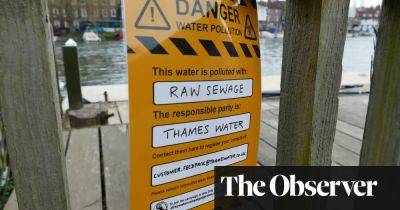From bills to personal space: a therapist on how to survive grown-up kids moving back home
E mpty nest syndrome, the sense of loss and emptiness many parents feel when their children leave the family home, is one of those transitional moments in life that is increasingly being deferred. Figures released from the 2021 census show that there is a notable increase in adult children living with their parents.
Two years ago there were 13.6% more family homes containing children over 18 than there had been in 2011. Or put another way, there were 4.9 million adult children living with their parents, an increase of around 700,000 on the previous census a decade earlier.
In popular culture the scenario of an adult child living with parents is almost always the subject of comedy. From Ronnie Corrbett in the 1980s sitcom Sorry! to films such asFailure to Launch or Hello I Must Be Going, the adult children are the oddballs that lend novelty to familiar romcom themes. And in the TV show Schitt’s Creek, they are symbols of entitlement and detachment from the real world. In reality, however, as a consequence of housing shortages, high rents, and changing relations between parents and children, it’s a common situation that is often less than amusing.
“Let’s not underestimate how important the environment we live in is for our mental health,” says Gabriela Morris, a counsellor who sees a number of clients living with their parents, either as a means of saving money or as a safe haven after a failed relationship or marriage.
She is aware of the tensions that can rise when adults from different generations with different expectations from life find themselves sharing a home, and the added restriction of familial bonds.
“Parents are always going to see their children as their children, no matter what age, and they often find it
Read more on theguardian.com















